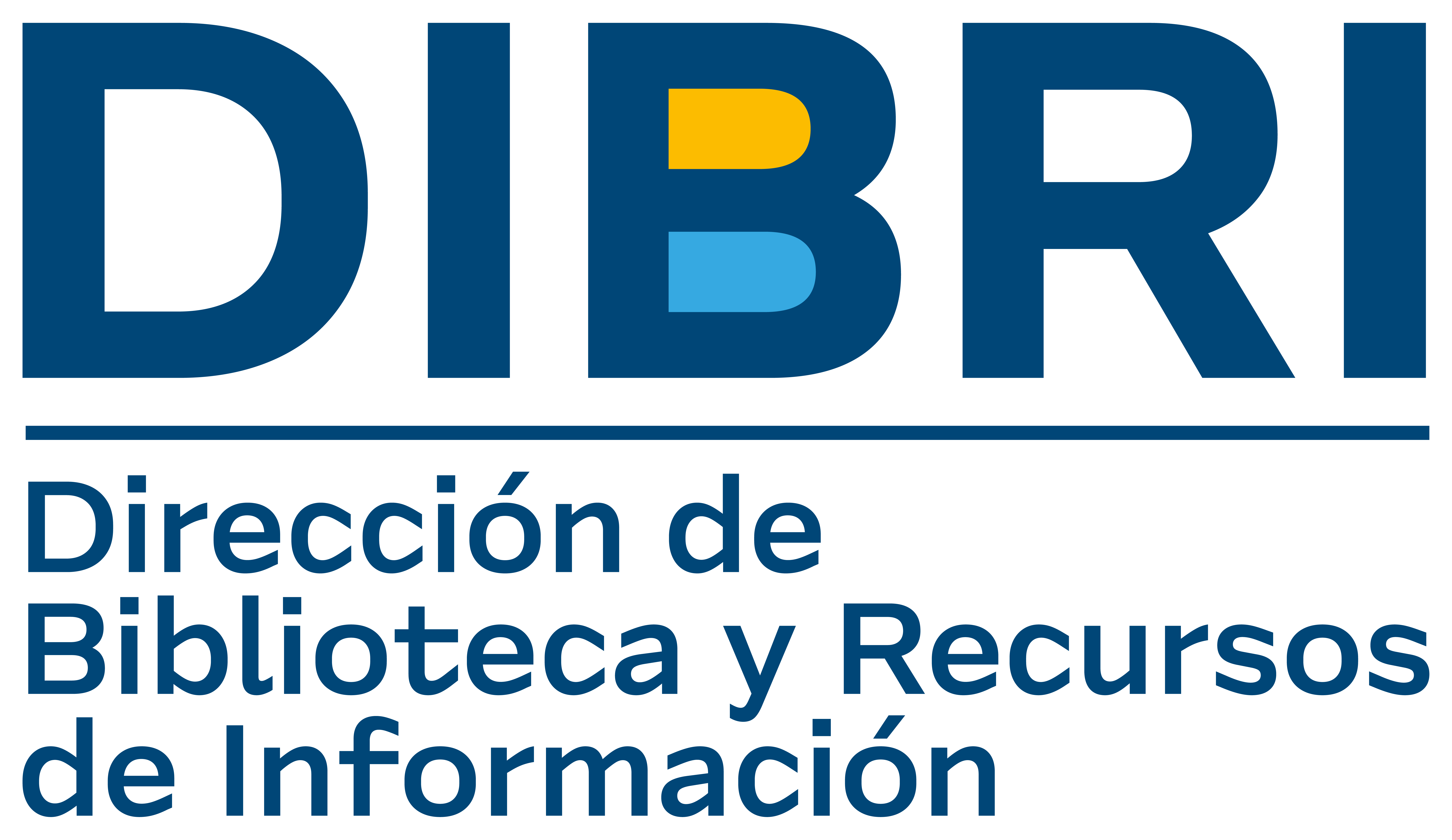Mostrar el registro sencillo del ítem
How to improve reading habits in chilean students by motivating them through multiple intelligences : a quasi experimental study in an efl classroom.
| dc.contributor | Aguayo Donoso, Blanca Estefanía | |
| dc.contributor | Alvarez Iglesias, Carla Angélica | |
| dc.contributor | Arévalo Ibáñez, Roxana Angélica | |
| dc.contributor | Baeza Fuentes, Paola Andrea | |
| dc.contributor | Espinoza Carmona, Laura Alejandra | |
| dc.contributor | Lizana Barrios, Laura Alejandra | |
| dc.contributor | Muñoz Sepúlveda, Ana María | |
| dc.contributor.advisor | Goodman, David A [prof. guía] | |
| dc.contributor.author | Abarca Vidal, Sebastián Adolfo | |
| dc.date.accessioned | 2022-03-17T14:53:13Z | |
| dc.date.accessioned | 2022-03-30T13:57:40Z | |
| dc.date.available | 2022-03-17T14:53:13Z | |
| dc.date.available | 2022-03-30T13:57:40Z | |
| dc.date.issued | 2010 | |
| dc.identifier.other | INGL G 653 2010 | |
| dc.identifier.uri | http://repositorio.ucsh.cl/xmlui/handle/ucsh/2061 | |
| dc.description | Seminario de título (Profesor de Enseñanza Media en Inglés) -- Universidad Católica Silva Henríquez, 2010. | es |
| dc.description.abstract | In order to develop reading habits, it is necessary to understand whathabits are. They are considered asa repeatedbehavior of something that could happen very often, regularlyorinan automatic way. They are also considered to be thefoundation for growth, and development and are formed through consistent and frequent repetition(W.A,1956). The habit is considered both inside and outside the classroom and emphasisshould be placed on motivation and students‘ interests. The development ofreading habits is not very high,especially inside the classrooms, as one can see in different studies or statistics such as ―Consejo de Cultura‖ (2008). According to this study, 60% of Chilean people have not developed reading habits(Política Nacional del Libro y la Lectura, 2006). Therefore, our investigation wasfocused on generating more motivation in students by teaching them,through activities,tofocus ontheir own specific interests and as a result, theywoulddevelop better reading habits. We focusedon the multiple intelligence theoryto find out the needs that every student has(Gardner‘stheory developed in 1983, reformulated in 1999). Our main toolin order to improve reading habits is motivation, and at the end of this investigation, we have foundsome clear and specific needs of students that motivate them to study and see reading as a habit and an everyday necessity to accomplish these general needs. Simple habitscan perhaps lead us from reading our e-mails daily, towards other kinds of texts whosedifficulty may be greater. By increasingthose reading habits, we will find ourselves eventually reading a novel or a more complex text.Hopefully, students will read as a habit and that will also implicitly improve their grammar, vocabulary and comprehension skills in the learning of a foreign language. We anticipate this implicit improvement based on the idea that reading stimulates the brain. Jeffrey M. Zacks, study co-author and director of the Dynamic Cognition Laboratory at Washington University in St. Louis said thatPsychologists and neuroscientists are increasingly coming to the conclusion that when we read a story and really understand it, we create a mental simulation of theevents described by the story. (Washington University in St. Louis, 2009)Upon conclusion of this project, we expectedthat students would be capable of reading texts and understanding them in order to achieve a specific objective. These objectives could be as general and simple as following a direction or finding an address. The number or quantity of reading material is going to increase inside the classroom and personal reading will become a habit in students‘ lives. Stimulation will help teachers to make the classroom a great environment for studying and students will feel motivated to learn. | es |
| dc.language.iso | en | es |
| dc.publisher | Santiago, Chile: UCSH | es |
| dc.rights | Atribución-NoComercial-SinDerivadas 4.0 Internacional (CC BY-NC-ND 4.0) | |
| dc.rights.uri | https://creativecommons.org/licenses/by-nc-nd/4.0/deed.es | |
| dc.subject | Aprendizaje cognitivo | es |
| dc.subject | Libros y lectura | es |
| dc.subject | Rendimiento escolar | es |
| dc.title | How to improve reading habits in chilean students by motivating them through multiple intelligences : a quasi experimental study in an efl classroom. | es |
| dc.type | Thesis | es |



